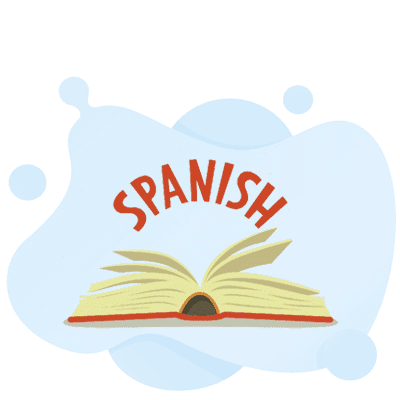
In the world of professional translation, the STC (Spanish Translator Certification) Test is key. It checks if someone knows Spanish well and can translate it well. This test looks at how well someone speaks and understands Spanish, and how they handle different cultures.
Passing the STC Test shows a translator’s hard work and skill in Spanish. It proves they can share complex ideas and cultural details clearly. Employers and clients really value this, as it shows a translator’s skill and knowledge.
The STC (Spanish Translator Certification) test checks how well someone can translate Spanish. It’s a key step for those wanting to show their bilingual skills and get translator credentials. The test looks at both language skills and translation abilities.
The STC test has several main parts. These parts check different skills:
The STC test scores candidates based on their performance in each part. To pass, you need to show top-notch translation exam skills, bilingual skills, and linguistic assessment knowledge. The passing score is 80%, showing you’re ready to offer professional translator credentials.
The STC test is given at authorized centers at set times. You must sign up early, giving personal and professional details. The sign-up costs money, and it’s smart to know the test’s format, timing, and any special needs.
To do well in the STC (Spanish Translator Certification) Test, you need a mix of skills and knowledge. The test checks if you’re good at important areas for global communication and localization services.
Professional translators must be very good at speaking both Spanish and English. They need to know the rules of grammar, how to structure sentences, and the right words to use. They also have to understand the cultural background of the text they’re translating.
The STC Test also looks at how well you know different subjects. Certified translators need to know a lot about things like law, money, health, and technology. This helps them translate accurately and correctly.
| Subject Area | Key Knowledge Requirements |
|---|---|
| Legal | Familiarity with legal terminology, contract language, and regulatory frameworks |
| Financial | Understanding of financial concepts, accounting practices, and industry-specific terminology |
| Medical | Knowledge of medical terminology, anatomy, and pharmaceutical products |
| Technical | Familiarity with technical jargon, product specifications, and manufacturing processes |
Getting ready for the STC Test means keeping up with new things in your field. Certified translators need to always learn more. This way, they can give the best localization services to their clients.
To pass the STC (Spanish Translator Certification) Test, you need a solid plan. Use top-notch study materials and practice tools. A good study plan and time management skills are key to success.
Get the best textbooks, workbooks, and guides for Spanish. Also, use online tools like language sites, podcasts, and games. They help improve your skills in Spanish and cross-cultural communication.
Practice with sample tests to get used to the exam format. Look for official practice tests or work with experienced translators. They can help you with mock exams that feel like the real thing.
Managing your time well is vital during the STC Test. Practice timed sections and find ways to save time. This way, you can stay focused and avoid running out of time.
The STC (Spanish Translator Certification) Test checks if you can translate Spanish well. It’s a key test in the translation world. It shows you know Spanish and can work with different cultures.
The STC Test has several parts. It tests your translation skills, language knowledge, and cultural understanding. You’ll do written and spoken tasks. These tests check if you can translate Spanish to English well and understand cultural differences.
The STC Test scores you on your translation, language, and cultural skills. To pass, you need to meet certain scores. These scores make sure you’re good at translating and working with different cultures.
To sign up for the STC Test, contact the certifying group. You’ll give them your info and choose a test date. Make sure it fits their schedule.
To do well, you need to know Spanish and English well. You also need to understand cultural differences and translate accurately. Important skills include managing terms, knowing your subject, and communicating across cultures.
To prepare, use many methods. Study hard, practice with sample tests, and learn to manage your time. Keep up with new terms and trends. Practice tests and advice from pros can help a lot.